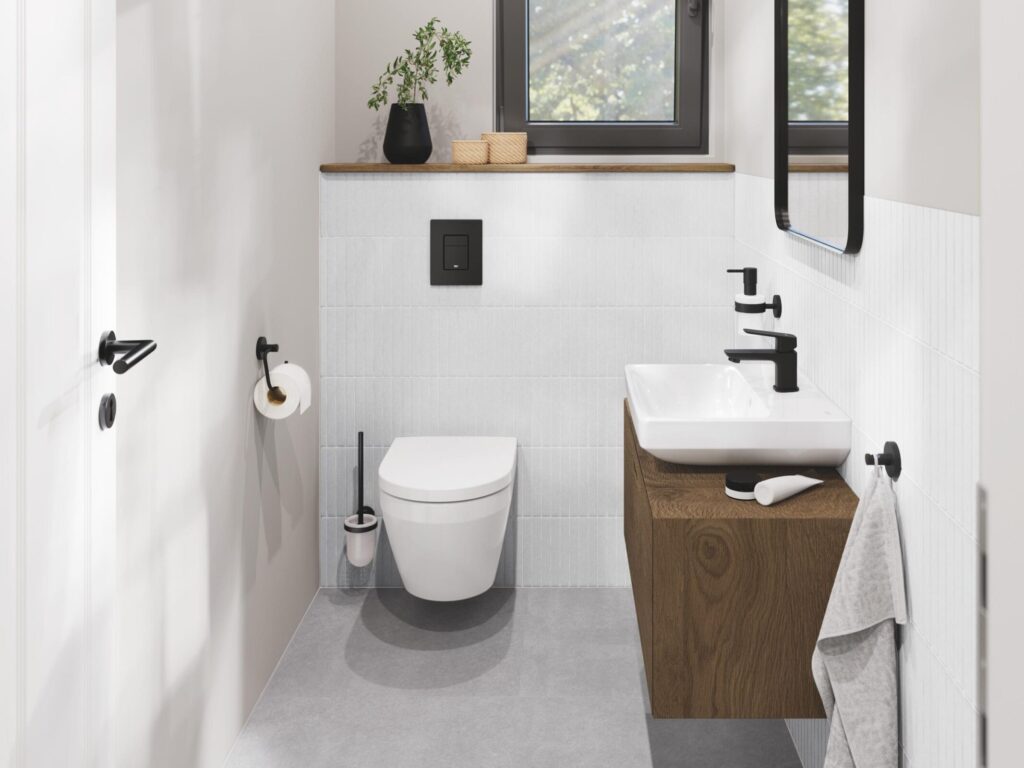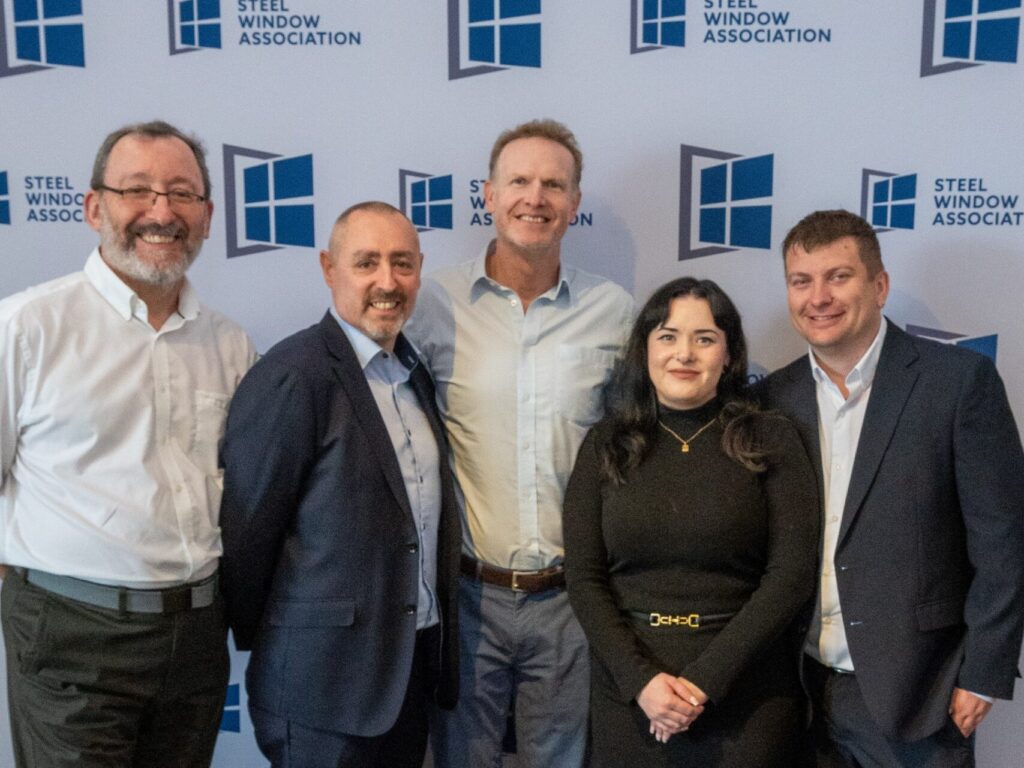Property management is a multi-tasking role and one that is met with many obstacles, reports Editorial Assistant Caitlin Gittins. In order to succeed in this industry, managers must be aware of these challenges
Property management is far from an easy, stress-free job. In fact, to be a successful property manager you first need to perfect self-management. Being able to apply different skills to plan and oversee multiple projects at the same time, in an incredibly demanding and high-pressure environment, while keeping a cool head and not letting anxiety get the better of you, is often made even harder due to ongoing challenges that the industry poses.
From increased customer demands to the mental well-being of employees, what are the most common obstacles faced by property managers and how can they be overcome?
Increased customer demands
As is frequent in most industries, customer needs come first and foremost. Satisfying the customer is already a hefty task, but even more so given the fact that their requirements are constantly changing and expanding.
Principle Estate Management’s Managing Director Joe Jobson explains that, “Customers are increasingly seeking personalised services in Property Management. They want Property Managers who understand their unique needs and can provide tailored solutions. Customers are also demanding greater transparency and accountability from their property managers. They want clear and comprehensive financial reporting, detailed maintenance records and responsible customer service.”
To navigate and meet the demands of tenants and property owners, courses in customer care should be taken by property managers so that they can resolve conflicts, while keeping both party members happy. Well-trained managers are essential for the smooth running of the company, not only as this will permit them to solve problems with customers, but they will be able to provide training to junior employees and pass on these skills. Ongoing training of staff is recommended, with roleplays of possible tricky situations being a great way to prepare all the staff for any future situation that they might face.
Additionally, property managers must feel supported through the implementation of formal policies. Clear protocols on what to do in certain situations can be of great help, especially in more complex cases.
Tech advancements
On the one hand, the rise of technology has empowered more competent users to access information and tools autonomously. This type of customer now expects services like online portals for payment and easy access to support and maintenance or digital documentation. Property managers must therefore keep up to date with the latest advancements and ensure that customers are receiving the best tech experience.
On the other hand, with technology becoming more and more frequent, as well as more complex, this can cause problems for customers who are less tech-savvy. In these cases, property managers should have alternative methods in place, thus enabling a more comprehensive service to cater to the needs and abilities of the entire client base.
Security
Being responsible for a wide variety of buildings, both commercial and residential, property managers must create a security plan with reliable security solutions to enable security staff or police to react to a possible threat on a property as quickly and efficiently as possible. Multi-tenant residential developments pose unique threats requiring property managers to develop security measures that are capable of responding to the issues and safety hazards of multiple tenants at any one given time.
As tenants have different expectation levels and properties are different, there is not a one-size-fits-all solution. Instead, a range of measures need to be readily available in order to cater to the diverse range of properties and clients.
To overcome these obstacles, firstly, property managers are recommended to perform a thorough risk assessment of each and every one of their buildings. Cutting corners by using the same system, despite one building having completely different characteristics to the next, could have serious repercussions. During the risk assessment of each property, establishing what is being protected, why it might need protecting and how it would be best protected are the main questions that the risk assessor should be answering.
Access control systems should be installed that have multiple functions. Primarily, they must be able to enable and disable credentials immediately (saving money from having to change keys and locks of the entire facility following a security breach); create audit trail reports which are valuable to investigations; give tenants one credential for amenities, units and gates; schedule timed access to protected areas; and lock or unlock doors remotely from a device.
Installing video surveillance at entrance points and around the property will enable security officers to spot intruders, check up on any spaces in the facility and deter threats as they occur. By just installing these cameras, however, most intruders will be immediately deterred.
Lastly, environmental monitoring will prevent damage to pipes from freezing temperatures and also avoid boilers being shut down. Floods can also be stopped before it is too late and lives can be saved through carbon monoxide testing.
Sustainability
Although ensuring the security of tenants and assets is crucial, reducing environmental impact is also essential. Finding a balance between security and sustainability is not always easy, but cannot be overlooked, especially with customers now being much more aware of energy efficiency and feeling keen to do their part for the environment.
Sustainable property management will be highly fruitful in the long run, enabling the property to be occupied on a much longer term. Sustainability goes far further than just maintaining a supply of water and energy, or removing waste, it also means incorporating eco-friendly and sustainable elements that will satisfy the customer’s desire to be greener, lower their living expenses and increase the value of the property; all very appealing to the occupant.
Several sustainable strategies can be employed to improve property conditions and thus increase profits.
Like with security systems, property managers should carry out environmental analysis in the form of audits in order to obtain an accurate vision of the state that the environment is in. In addition, bathrooms and kitchens should allow for environmentally friendly appliances. Residential areas use a great amount of water for cooking, cleaning and washing, so modern, energy-efficient systems are a must.
If feeling overwhelmed, property managers could always rely on experts that will take these matters off their hands. Sometimes the cost to hire an external contractor is just a small price to pay in the battle to supply an efficient and smooth-running service that customers are pleased with. Alternatively, green buying procurements also serve as a powerful tool to guarantee that the business makes the right purchasing decisions that are socially and environmentally apt.
Solid plans for waste control and recycling are also a vital component in the provision of sustainable living conditions. Outlining the various types of waste and their origins, as well as explaining the steps to be taken to lower their levels, with plans to remove and eliminate waste, these plans provide guidelines to property managers for keeping waste at a minimum.
Legislation
Not only do property managers have to understand all of the legislation that is relevant to their field, but they also need to keep up with the changes. This can be particularly stressful given the already high workloads and a never-ending pile of demands and responsibilities.
Compliance is not optional in this line of work. Rules and regulations must be met, and if not, management companies will receive very large fines that could put the business in jeopardy.
The simplest way to prevent this from happening is to bring in specialist assistance.
Maintenance and Repairs
As previously established, customers are increasingly demanding, and this is no exception when it comes to requests for maintenance. Problems may arise for property managers if they are unable to meet
Having reliable, skilled contractors on call, along with the right preventative management strategies can make this part of the business less stressful. Field service management software, like Workever, allows office staff to track fieldworkers via a GPS system and find the closest one to take on an urgent maintenance job.
Flexibility for all
Despite the fact that Covid-19 did prove to most employers that workers can indeed work effectively from the comfort of their own homes, there are still many industries that require face-to-face communication and collaboration.
Property managers face pressure from employees that seek to gain more flexibility in their jobs by being allowed to have work-from-home days. Joe Jobson explains that he does believe that there is a place for this type of working in the property management industry, “Particularly when you need quiet time such as producing a service charge budget.” However, he goes on to state that “As a Property Manager I do think it is a collaborative role which relies heavily on multiple departments e.g., Credit Control, Service Charge accountants, Building Surveying and Customer Service and the best way of managing this is within the office.”
Perhaps this problem could be overcome by carefully analysing the tasks that need to be fulfilled on a weekly or monthly basis, to establish which would benefit more from on-site contact and which would be possible from elsewhere, without causing any negative outcome on the overall experiences and services being provided to the customer.
As staff retention can also be problematic, managers should do their very best to offer career development and progression; and make motivation a priority. This can be done through organising team social events or teambuilding activities. Recognising when employees have done a good job might seem trivial but also has an extremely positive effect on the worker, increasing their motivation and productivity.
Mental health
Working in real estate requires strict organisational skills and the ability to handle pressure in a high-demanding, face-paced, multi-tasking environment. Working under these conditions often takes its toll on the mental well-being of professionals and must therefore be addressed and managed by property managers.
Just over half of property managers admit to suffering from mental health issues, finding it hard to switch off at the end of the day. Upset tenants and landlords contribute greatly to property mangers’ increased stress levels along with a seemingly never-ending to-do-list that comes hand-in-hand with this kind of work.
The property managers of today need to put measures into place to reduce the stress and anxiety levels of both themselves and their employees, to prevent any members of the team reaching the point of burnout.
One way to reduce the pressures of the industry is to set up ways to deal with out-of-hours requests: This might be through scheduling automatic email responses that give tenants emergency contacts if a major issue occurs out-of-hours and by also investing in property risk management solutions that will fix the problem for tenants.
Mental health initiatives should also be implemented. This is where flexible working would come nicely into play. Free counselling is also recommendable so that employees feel they have somebody looking out for them, available to offer support and advice in times of need. Managers themselves should also make checking in on their employees a regular entry on their calendars.
Finally, although it might be financially tempting to keep the work force to a minimum, over-loading a worker with enough tasks for two people to do effectively, it will be much more beneficial in the long run to have enough staff on board, again avoiding burnout which could lead to employees needing long periods of sick leave or leaving their employment indefinitely.
Property management is not a simple job, yet a highly complex and challenging one, as managers not only have to keep their customers content, but also their employees.
Through self-management skills, like organisation, as well as by being proactive, knowledgeable and a great forward-thinker, property managers will be able to overcome the difficulties that this industry brings. The ability to multitask in an environment that is extremely fast-paced and high-pressured is vital. However, both those who have not long embarked on their property management journey and those who have more experience under their belt are proving that the successful management of residential developments is achievable; and in these cases, both their customers and their employees are happy.
Never miss a story… Follow us on:
Showhome
@Your_Show_Home
@Showhomemag
Media Contact
Joseph Clarke
Editor, Showhome
Tel: +44 (0) 1622 823 920
Email: [email protected]











